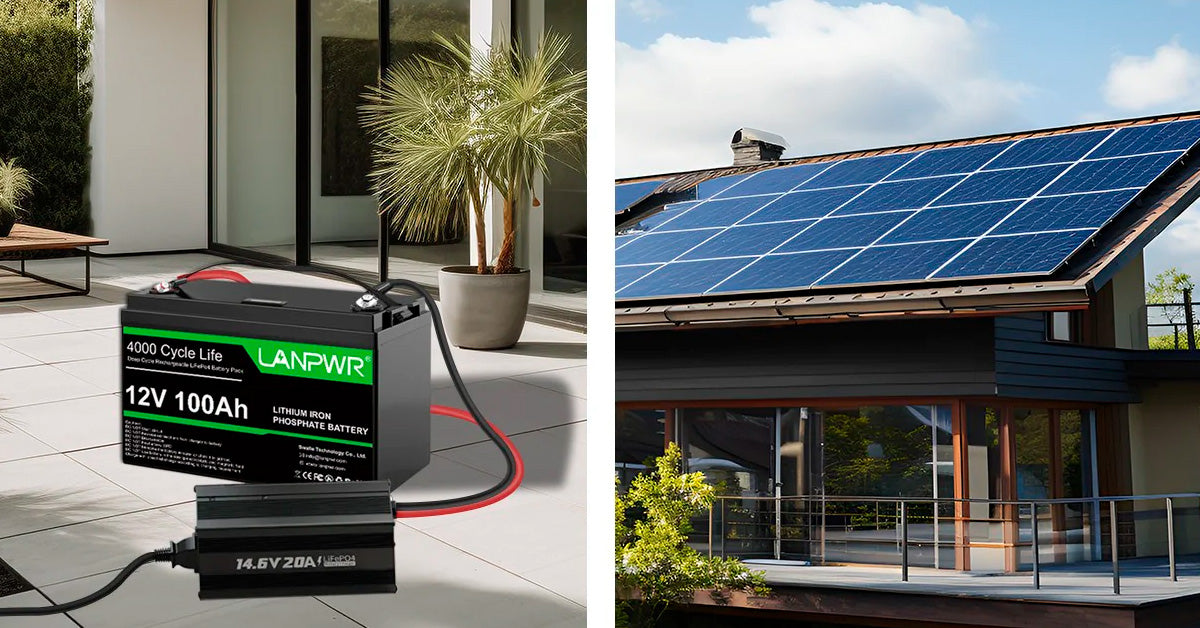
Portable power stations provide an eco-friendly option for powering electronic devices while traveling, providing portable solutions for areas without grid power nearby. Many individuals ask if portable power stations can be charged using solar panels; yes, they can be recharged using this eco-friendly method! Portable power stations let users harness solar energy to keep devices powered up even while off the grid!
Solar panels make solar charging your portable power station easy; all you require are suitable panels, enough sunlight, and appropriate cables to connect them to your power source. Many portable power stations even come equipped with built-in solar charging capabilities, making going green even simpler!
One of the critical advantages of charging your portable power station with solar panels is having access to renewable energy wherever you travel - be it camping, hiking, or traveling in an RV - the sun provides the power you can count on to keep devices charged up and ready for use. Solar charging also proves cost-effective over time since traditional sources or disposable batteries won't need replacing regularly.
Understanding How Solar Charging Works with Portable Power Stations
Solar charging of portable power stations is an efficient and eco-friendly method of keeping devices charged, especially during outdoor activities or in remote locations. By understanding how the process works, solar charging setups can become even more efficient.
Solar Charging Components
The essential components of solar charging include solar panels, which harness sunlight to convert it to Electricity using photovoltaic (PV) cells that generate direct current (DC). When exposed to direct sunlight, PV cells produce DC that powers charging systems.
Charge Controller
Most portable power stations with solar charging capabilities feature an integral charge controller to regulate voltage and current from solar panels into levels suitable for safe battery charging. Thus, the battery is protected against overcharging, undercharging, or overvoltage, which in turn protects its longevity.
Portable Power Station
A portable power station is a battery-based storage device that stores electrical energy for later rechargeability, with multiple output options such as USB ports, AC outlets, and DC outputs to supply power to various devices and appliances. Incorporates solar charging for added convenience
Here is an in-depth breakdown of how solar charging works with portable power stations:
Converting Sunlight into Electricity
Solar panels convert sunlight directly into DC Electricity using the photovoltaic effect. Conversion efficiency depends upon the type of panel used (monocrystalline or polycrystalline) and the available sunlight levels.
Regulating Charge
Once DC electricity from solar panels has reached the charge controller, voltage and current are adjusted to ensure safe flow into your power station's battery pack.
Regulating battery voltage levels is vital to avoid damaging them with overcharging or excess voltage charges.
Charging the Power Station
The Electricity flowing from a charge controller flows directly into the battery of the power station's battery pack to recharge it, taking an estimated time depending upon both battery capacity and solar panel output, which varies with weather and panel positioning about sunlight.
Power Distribution
At full charge, a power station provides Electricity for charging phones, laptops, small appliances, and more.
Maximize Efficiency
Finding an Appropriate Place For maximum efficiency, solar panels should be placed where they will receive maximum sunlight without obstruction. Their angle and orientation toward the sun may significantly impact their output.
Regular Maintenance
Solar panels must remain free from dirt and dust to work at peak performance. Regular inspection and cleaning should help achieve this objective.
Monitor Energy Usage
Modern power stations usually feature displays or apps that enable you to monitor input and output levels, helping you more efficiently oversee energy use.
Solar-charging your portable power station can bring several advantages for those interested in outdoor activities or seeking eco-friendly and renewable power solutions, including those who seek eco-friendly power solutions such as renewable energies.
Here are a few key benefits of Charging with Solar Panels
- Environmental Sustainability
Solar power is clean, green, and renewable. Using solar panels to charge your portable power station will reduce reliance on fossil fuels while decreasing your carbon footprint. This benefit is beneficial when camping or exploring nature-filled environments like camping and outdoor adventure trips!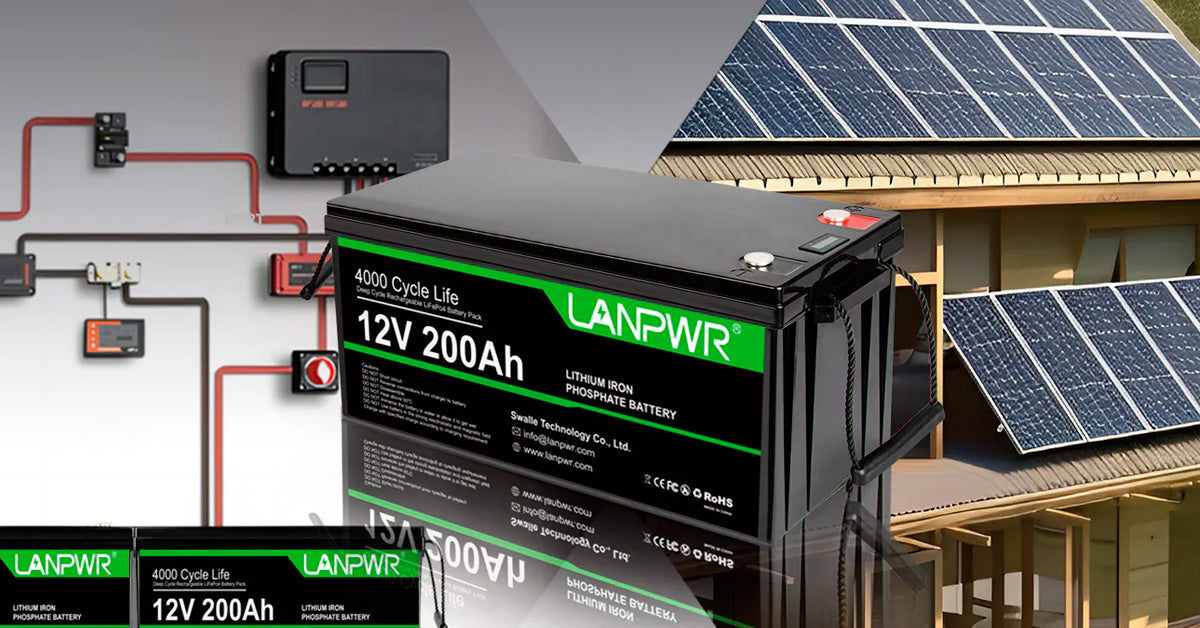
- Energy Independence
Solar charging allows you to create Electricity wherever sunlight shines—ideal for off-grid adventures, remote locations, or areas with limited or unreliable access to conventional power. It also helps ensure you remain powered up even during emergencies or power outages.
- Cost-Efficiency
While solar panel purchases require an initial upfront investment, once set up, they provide free Electricity that you can generate on an ongoing basis at no additional expense. By forgoing powered campsites or buying fuel to power generators, you can save both time and money over the longer term.
- Portability and Convenience
Solar panels designed specifically for power portable power stations are lightweight, foldable panels that make them easily transportable for camping trips or hiking. You can set them up before engaging in whatever outdoor activity awaits that day while their panels charge your power source simultaneously.
- Quiet Operation
Solar panels operate silently, which means you can enjoy nature without worrying about noise disturbance from other forms of power generation, enriching the outdoor experience even further.
- Low-maintenance
Solar panels require relatively minimal upkeep after installation. In fact, most only require occasional cleaning and minimal upkeep—an advantage in environments that would necessitate intensive upkeep on other equipment.
- Longevity and Durability
Solar panels are engineered for long-term reliability, often offering up to 25-year warranties. Their rugged construction makes them suitable for outdoor usage in various climates - making solar energy one of the best investments available!
- Reduced Risk
Employing solar panels to power a power station eliminates many of the associated risks involved with transporting and storing flammable fuel for generators - potentially mitigating potential fire hazards in dry, vulnerable locations like campgrounds and forests.
- Greater Resilience
Solar-charged portable power stations can increase emergency preparedness. During power outages or disasters, you'll maintain access to critical information and communication devices, providing essential help, calling out for assistance, receiving notifications of impending danger, or remaining connected with loved ones.
Considerations for Solar Charging
Compatibility, and Power Requirements: Before setting up solar charging, ensure your portable power station and solar panel are compatible, specifically in terms of voltage, connectors, and input specifications, to match the output from both panels appropriately.
Solar Panel Efficiency: Solar panel efficiency depends upon their technology (monocrystalline versus polycrystalline). High-efficiency panels cost more yet convert sunlight into usable energy.
Weather Dependence: Solar charging depends upon sufficient sunlight; cloudy or rainy days can significantly inhibit efficiency, necessitating proper planning and backup charging options to maximize performance.
Portability and Setup: Make sure the size and weight of solar panels fit with your trip plans, especially if they will need to be carried around frequently during travel. Some panels have been specifically created with portability in mind, folding down into more portable sizes when folded away.
Regulation and Safety Issues: Always abide by local laws regarding solar panel use in protected or public lands while ensuring all connections are secure to prevent electrical hazards.
Final Word
One of the key advantages of solar charging your portable power station is that you can have a reliable energy source in remote locations. Whether you're camping in the wilderness or traveling in your RV, solar power allows you to stay connected without relying on traditional power sources. Additionally, solar charging is a clean and renewable energy option that reduces your carbon footprint while powering your devices.

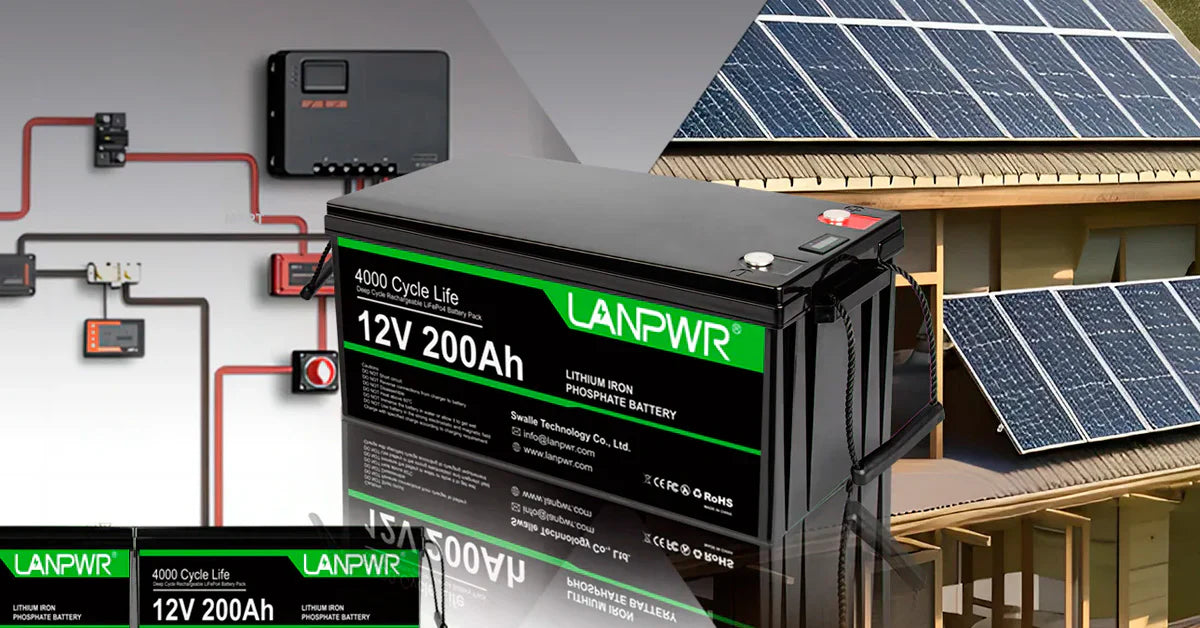



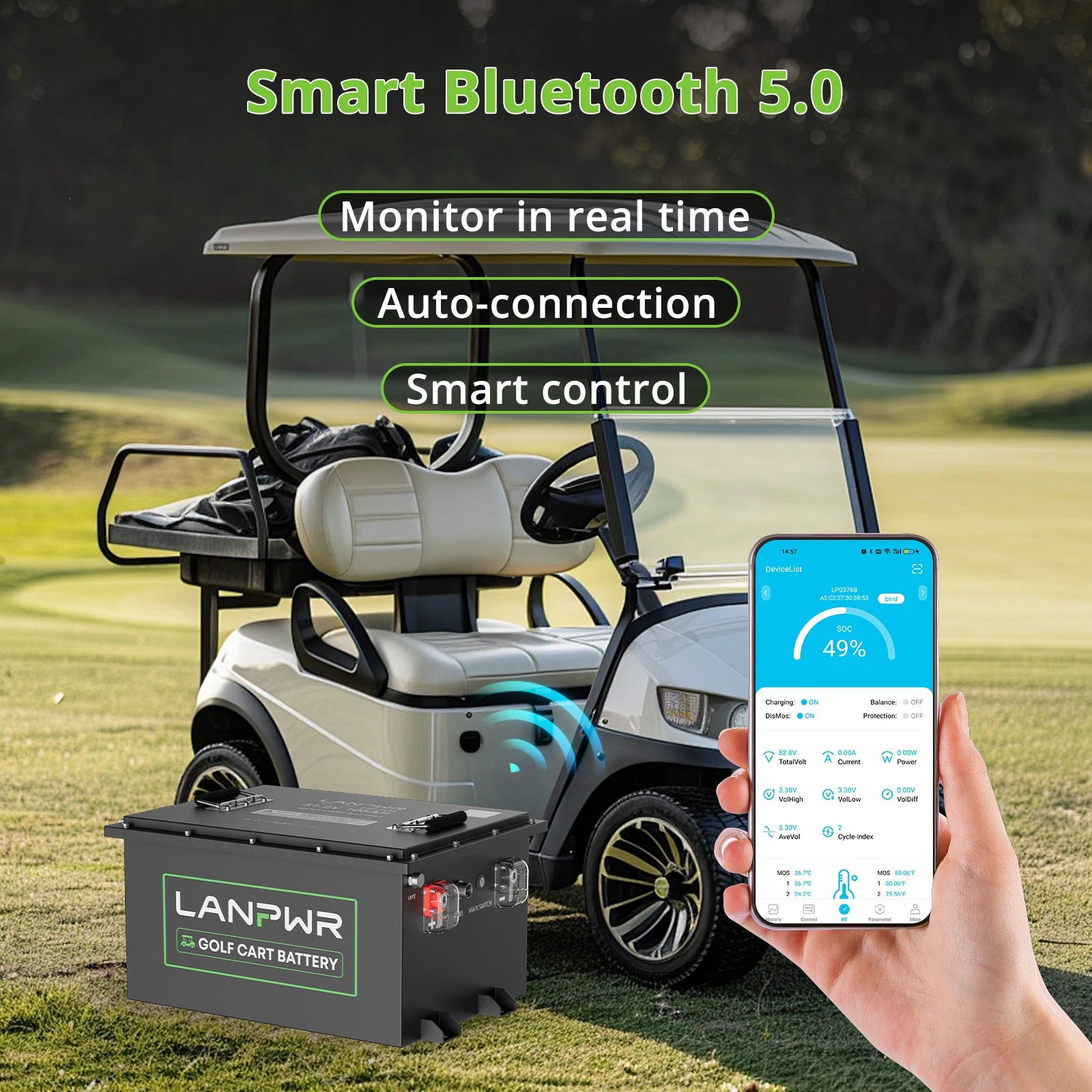
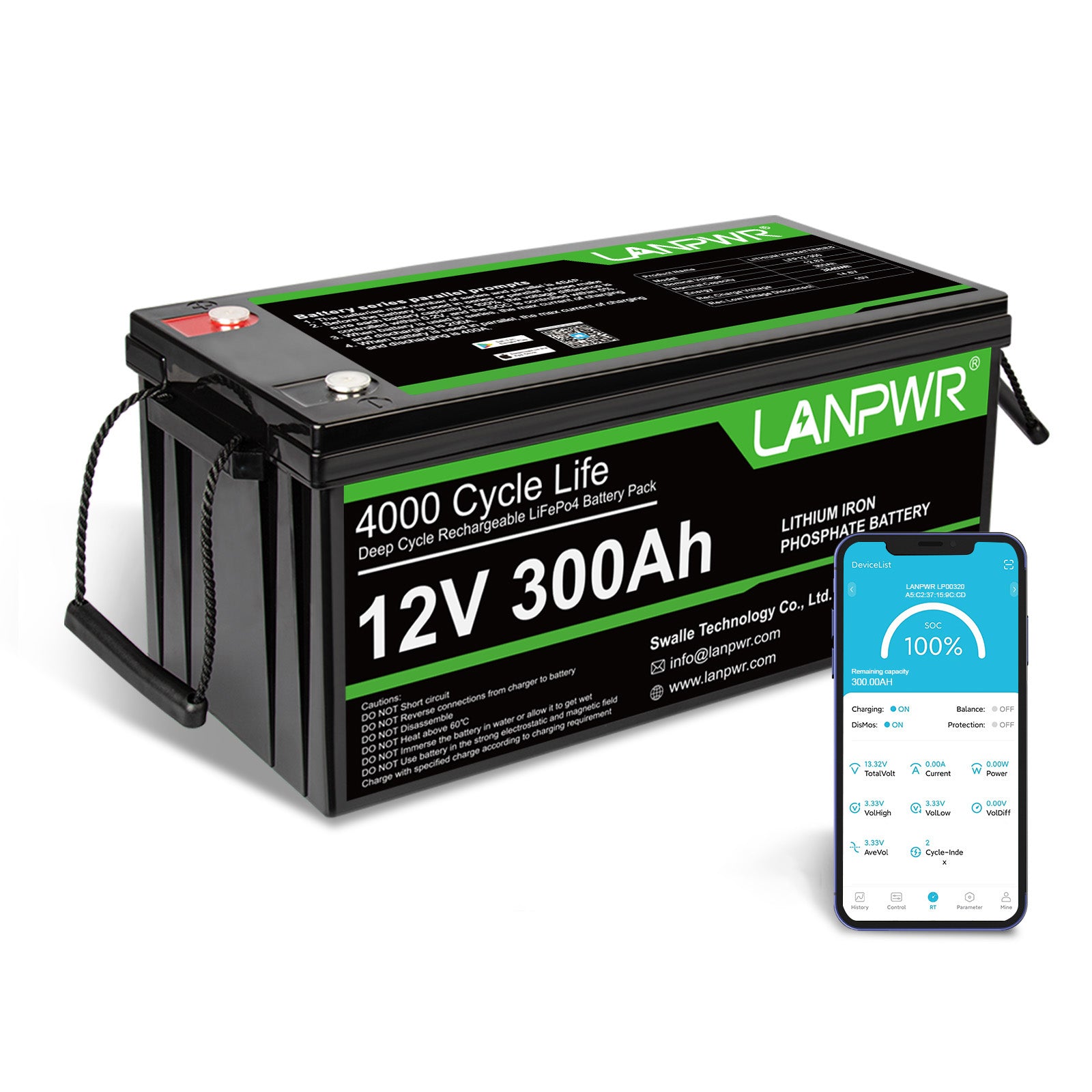
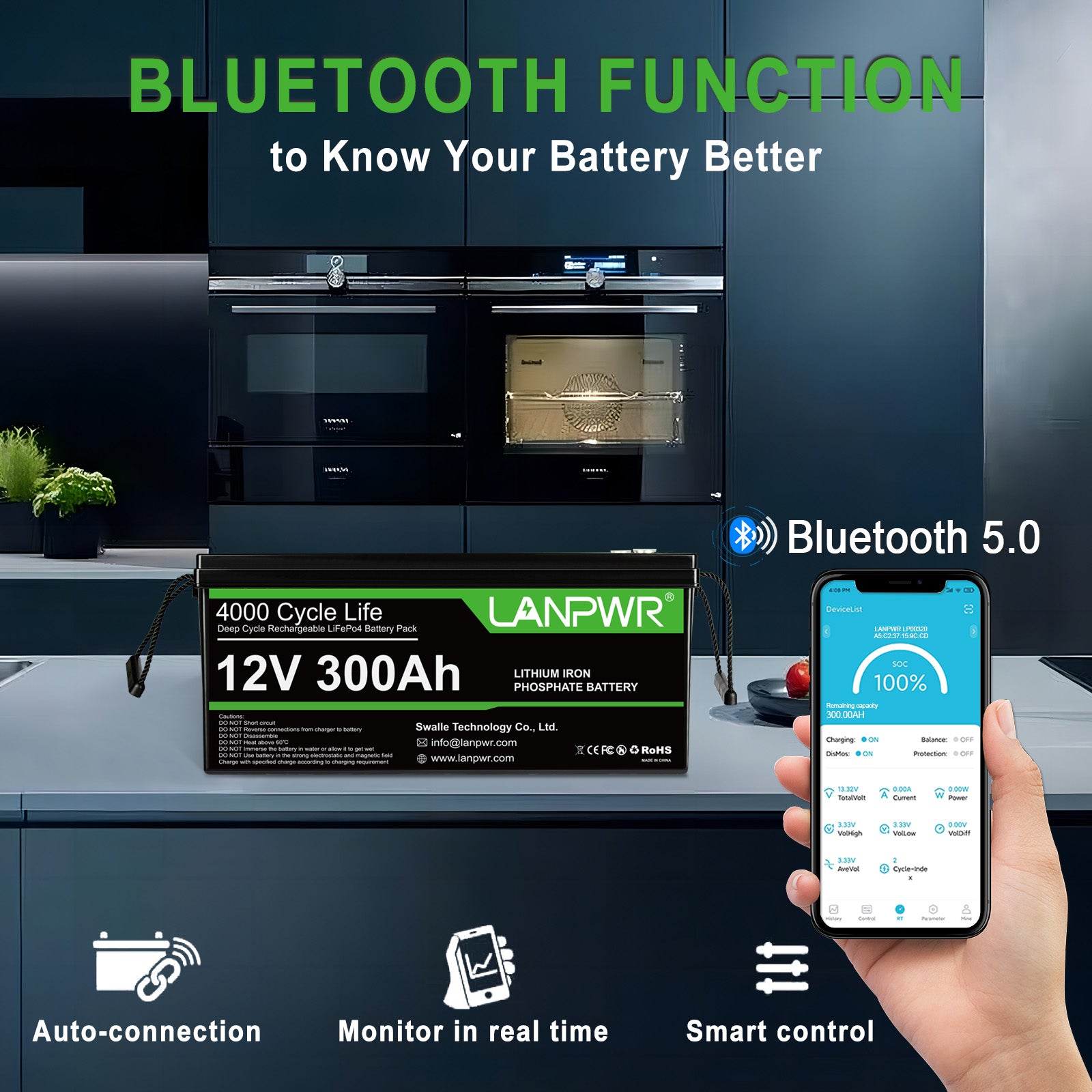
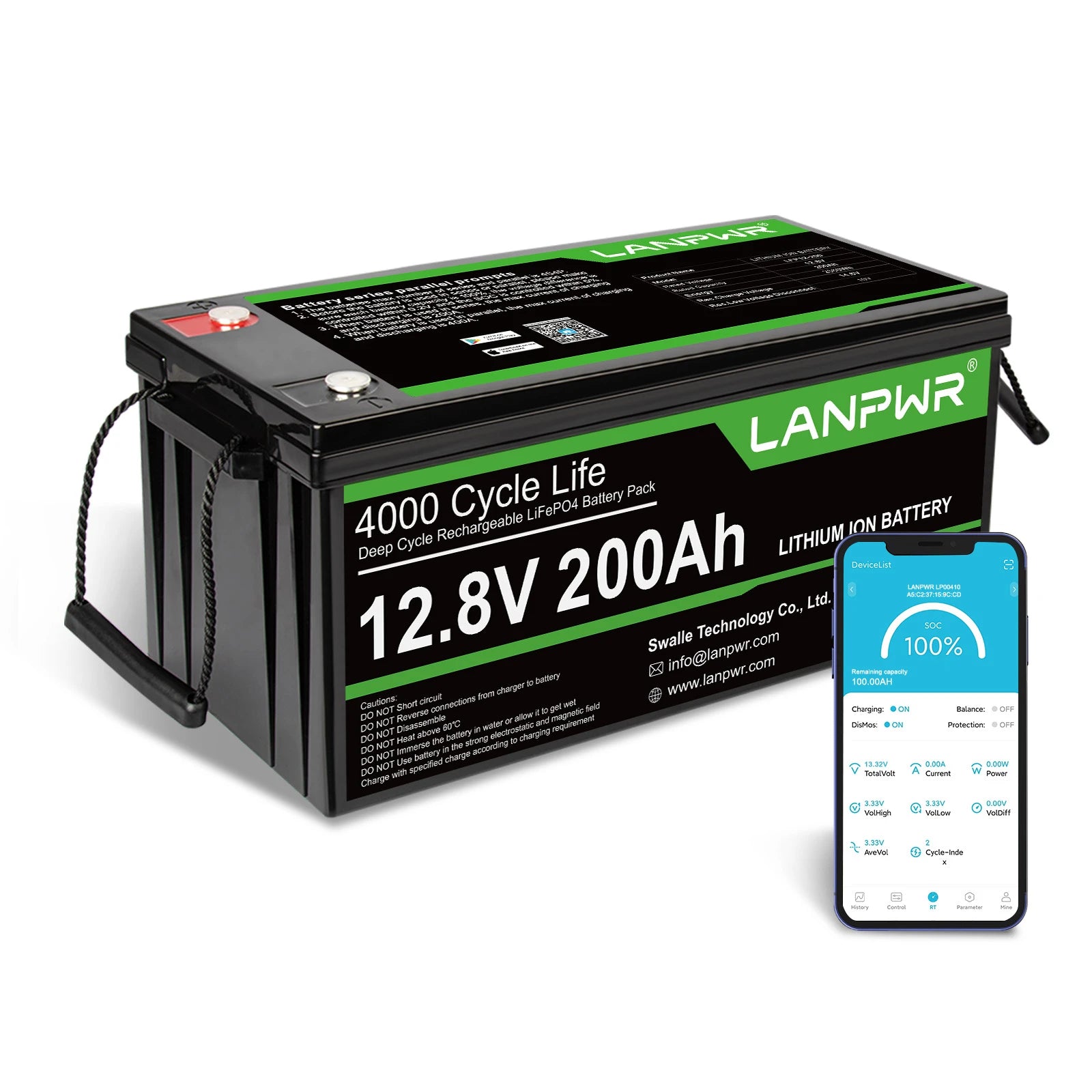
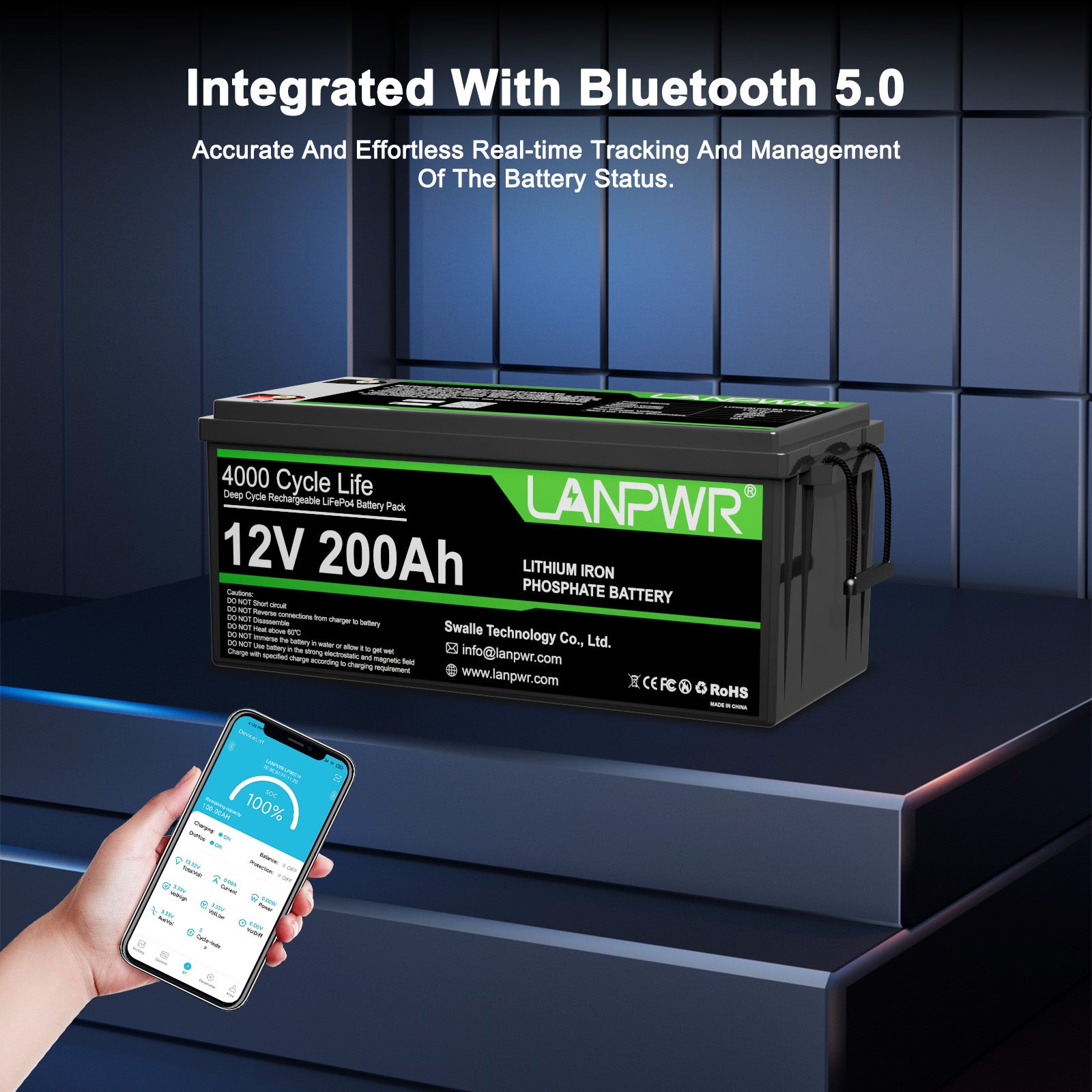
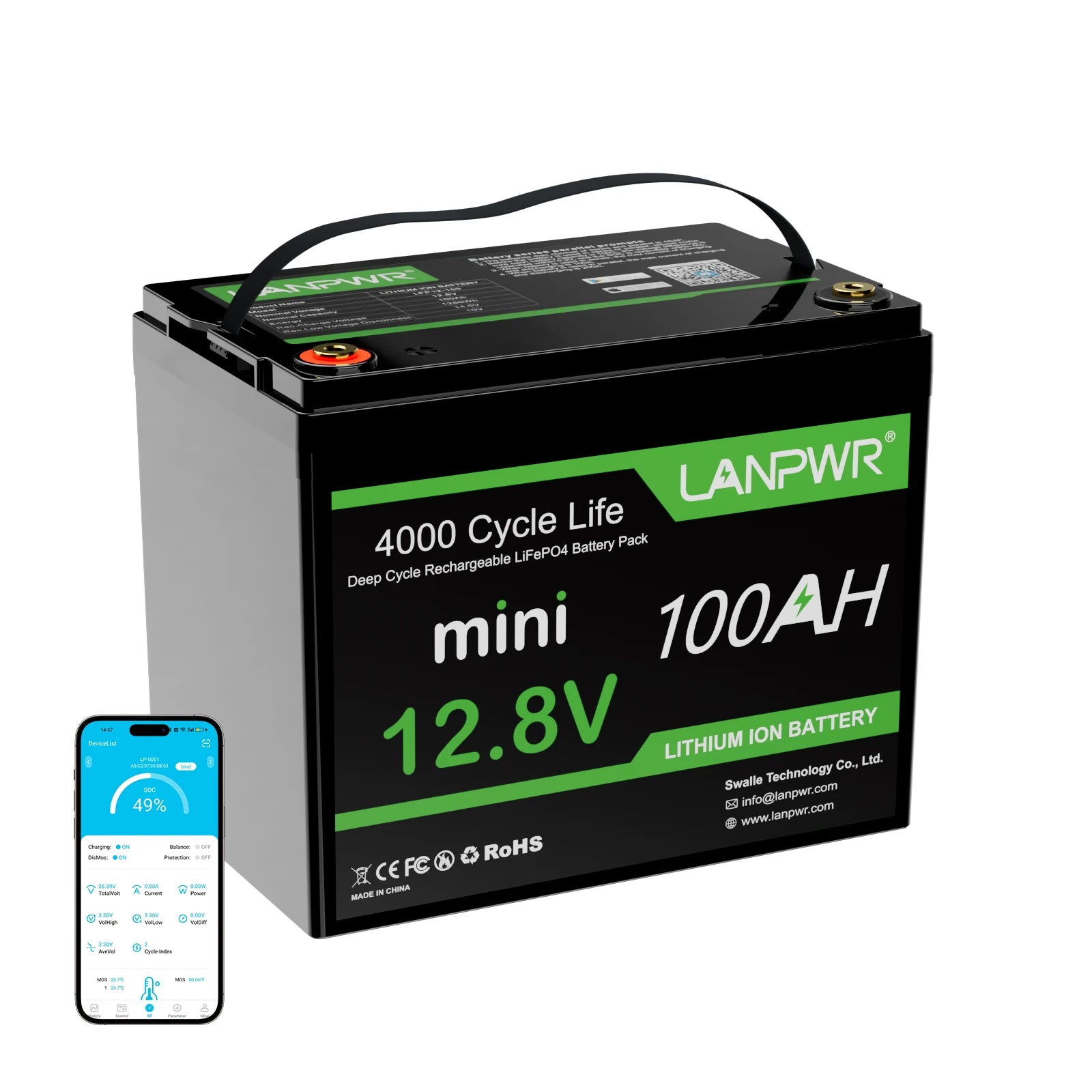

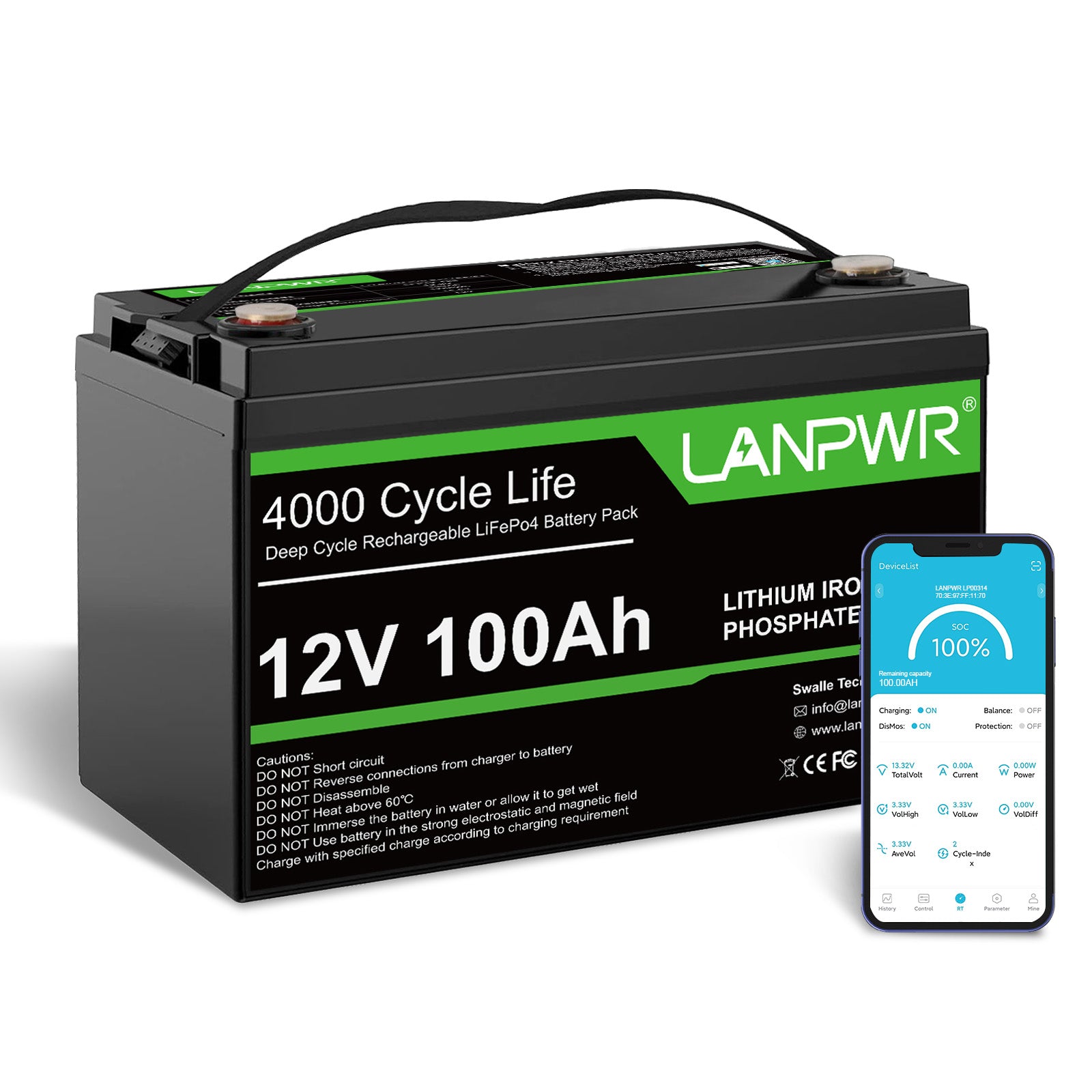

Leave a comment
This site is protected by hCaptcha and the hCaptcha Privacy Policy and Terms of Service apply.